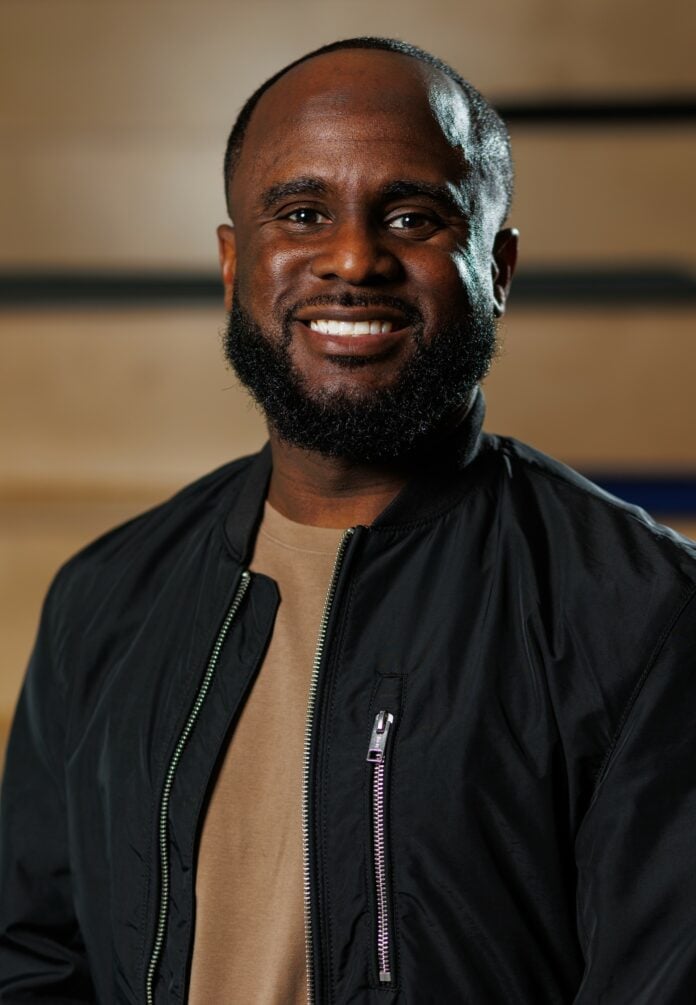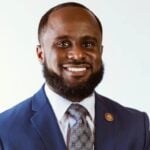I want to thank those who read parts 1 and 2. If this is your first time, I encourage you to read them first.
I named the problem and defined it. The only thing left to answer is: What’s next?
School leadership, once a lifelong calling, has become an unsustainable endeavor, leading to a significant exodus of principals and administrators. The relentless demands, exacerbated by the lingering impacts of the pandemic, have transformed these roles into burdensome positions, with many leaders now serving only 5-10 years compared to the 20-30 years observed in previous generations. To address this crisis, it is imperative to implement comprehensive solutions that support and retain our school leaders.
Here are four solutions to tackle the hidden cost of school leadership:
Invest in leadership spaces
When I was looking for leadership spaces that focused on both school leadership, they were hard to find. The only spaces I saw were fellowships that required an application and getting accepted. I know many can agree, but let me tell you about a leadership space that I found that drastically changed my career.
The Black Principal Network offers a fellowship component, but they also have a network of school leaders across the country. They offer critical support, mentorship, and resources to help leaders sustain their passion while also building their expertise. Providing targeted training and professional development opportunities can equip school leaders with the skills to navigate complex educational landscapes effectively.
Person first, leader second
We talked about the toll the role can take on school leaders. One way to tackle that is to remember that before we are school leaders and after our time as school leaders, we are and will be people first. School leaders must prioritize their well-being to sustain themselves.
The suitability as people will ensure that we can continue to make an impact. We must find time to continue to fill our cup and when our cup gets empty, we must learn to stop and refill. If you have not established clear work-life boundaries then it is imperative that you do. Those boundaries allow you to recharge and that recharge aids in preventing burnout and promoting long-term success.
Do it for love, not the power
Leadership should be rooted in a passion for service, not just authority. When school leaders lead with love for students, teachers, and the broader community, they cultivate a school culture that is driven by purpose, resilience and commitment rather than the stress of maintaining power or prestige. The role of school leadership should be about the love for the role and the power that comes with it.
When school leaders do it for the power, it is hard to get through those hard days because either the power is not enough to deal with the stress, or your perceived power does not get the results. Love is what gets you through those tough days, and people respond better when they can see and feel your love for the work you do.
Advocate for Systemic Change
One thing I admire about teachers is that they are not afraid to advocate for change, they need to be able to do their job or to ensure their job is sustainable. Many of the pressures school leaders face stem from broader systemic issues such as underfunding, unrealistic mandates, and inequitable policies.
As school leaders, we must create a platform to advocate for policy changes that better support our work, ensuring we have the resources and autonomy to lead effectively. As school leaders, we need to be better advocates for what we need and stop just carrying all the burden. In the same way teachers have leaders to support them, we need to demand more from our central offices and networks to support us the same way.
Dr. David McGuire is an educator and education reporter. He attended school in Indianapolis, K-12 and is a graduate of Central State University and holds advanced degrees from Indiana Wesleyan University and Marian University. In addition to his work as an educator, he also navigates the education system as a parent.
DAVID McGUIRE
Dr. David McGuire is an educator and education reporter. He attended school in Indianapolis, K-12, and is a graduate of Central State University and holds advanced degrees from Indiana Wesleyan University and Marian University. In addition to his work as an educator, he also navigates the education system as a parent.





